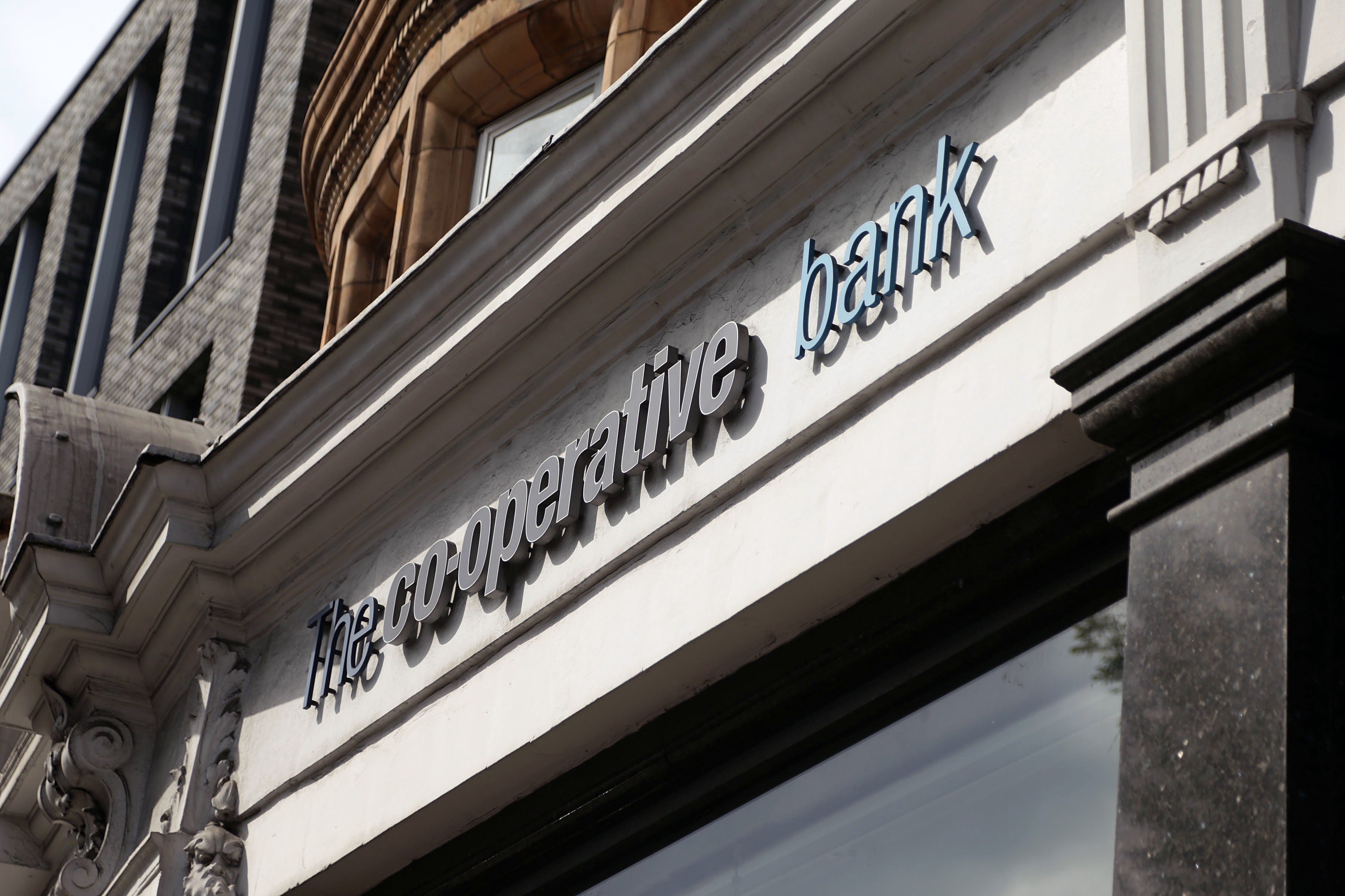People back green investment despite soaring bills, Co-op Bank finds
Researchers commissioned by the bank found that 59% of the 2,000 people they surveyed want more green investment.

Your support helps us to tell the story
From reproductive rights to climate change to Big Tech, The Independent is on the ground when the story is developing. Whether it's investigating the financials of Elon Musk's pro-Trump PAC or producing our latest documentary, 'The A Word', which shines a light on the American women fighting for reproductive rights, we know how important it is to parse out the facts from the messaging.
At such a critical moment in US history, we need reporters on the ground. Your donation allows us to keep sending journalists to speak to both sides of the story.
The Independent is trusted by Americans across the entire political spectrum. And unlike many other quality news outlets, we choose not to lock Americans out of our reporting and analysis with paywalls. We believe quality journalism should be available to everyone, paid for by those who can afford it.
Your support makes all the difference.People earning between £20,000 and £25,000 are more likely than average to support investment in green energy even if it adds to the cost of household bills, a new survey has suggested.
The Co-operative Bank found that 63% of those in the earnings bracket think that it is still important to tackle climate change through such measures, even in the face of a cost-of-living crisis.
Researchers commissioned by the bank found that overall 59% of the 2,000 people they surveyed want more green investment.
Participants were asked: “Considering the rising cost of energy, do you feel that it is still important to invest in green energy solutions to tackle climate change even if that adds to the cost of household energy bills?”
It is clear that climate change is a major concern for UK consumers and a concern that we share with our customers
Among those earning more than £100,000 a year, only 58% agreed, but the lowest categories were among those earning less than £15,000, where fewer than half supported such investment.
The highest agreement was among those earning £80,000 to £100,000. Eight in 10 of these people agreed with the statement.
Climate change was the most urgent social and environmental issue for consumers in the UK, ahead of poverty and food insecurity. In total 61% said that addressing climate change is one of the most important issues facing the country.
The support for that statement increased to 68% when counting only those aged between 18 and 34.
The survey was carried out by Opinium by sampling 2,000 adults across the UK between May 20 and May 24.
It comes months after the bank asked its own customers what they want from a company.
The opinions of around 50,000 people who bank with Co-op were used to help shape a new ethical policy, which launched on Wednesday.
“It is clear that climate change is a major concern for UK consumers and a concern that we share with our customers,” said chief executive Nick Slape.
“Tackling climate change has been a priority for the bank over the last three decades since our customers told us through our values and ethics poll that the environment matters to them.”
It is the sixth time that customers have been asked for their opinions since the first survey in 1992.
But it has not always been plain sailing for the bank. In 2013 it was forced to abandon its proposed purchase of TSB from Lloyds after finding a £1.5 billion hole in its accounts.
Former chairman Paul Flowers was also dubbed the “Crystal Methodist” by the press because of his drug use and role as a Methodist minister.